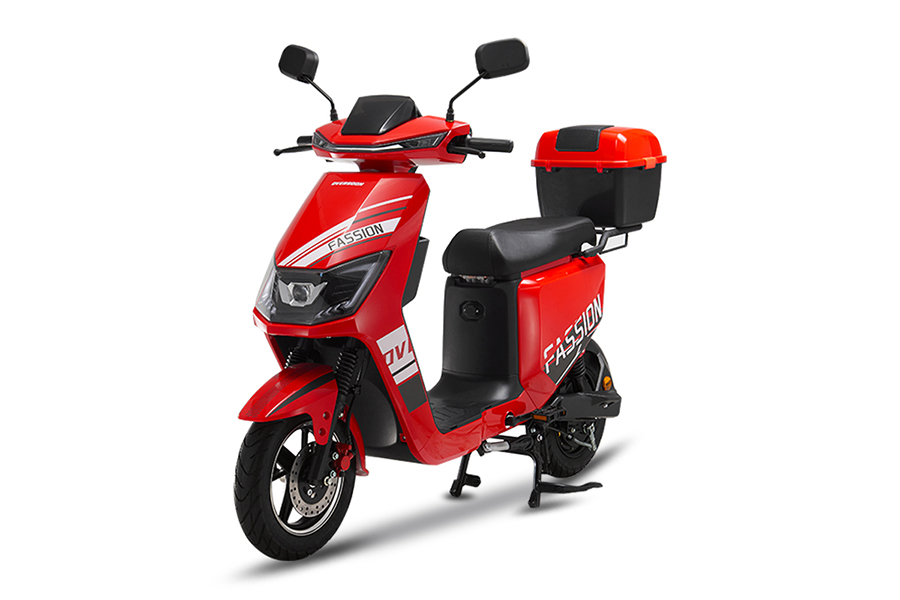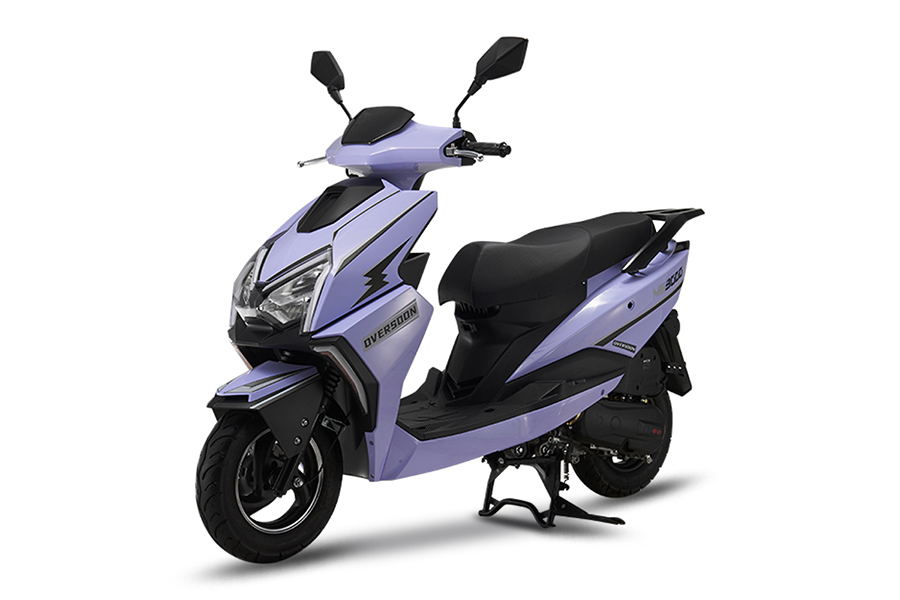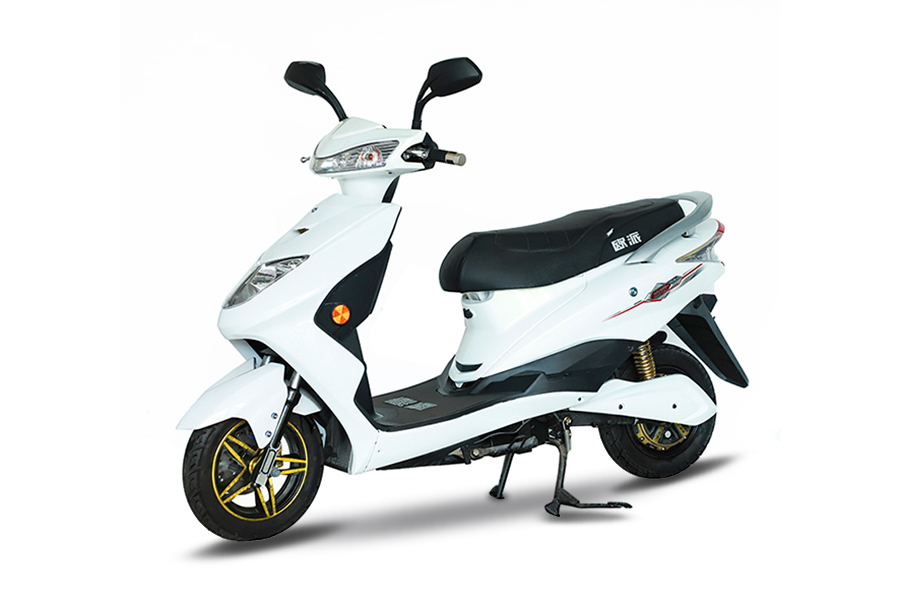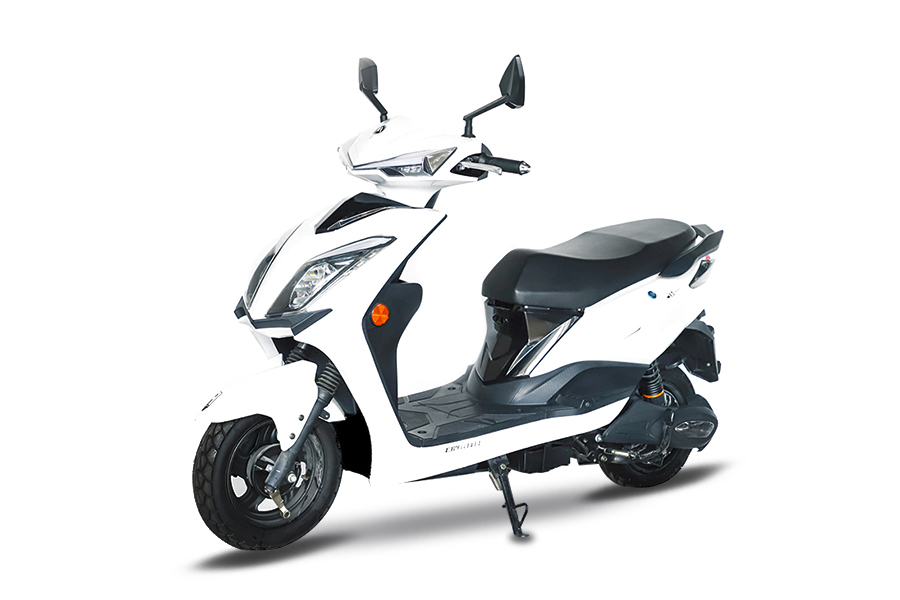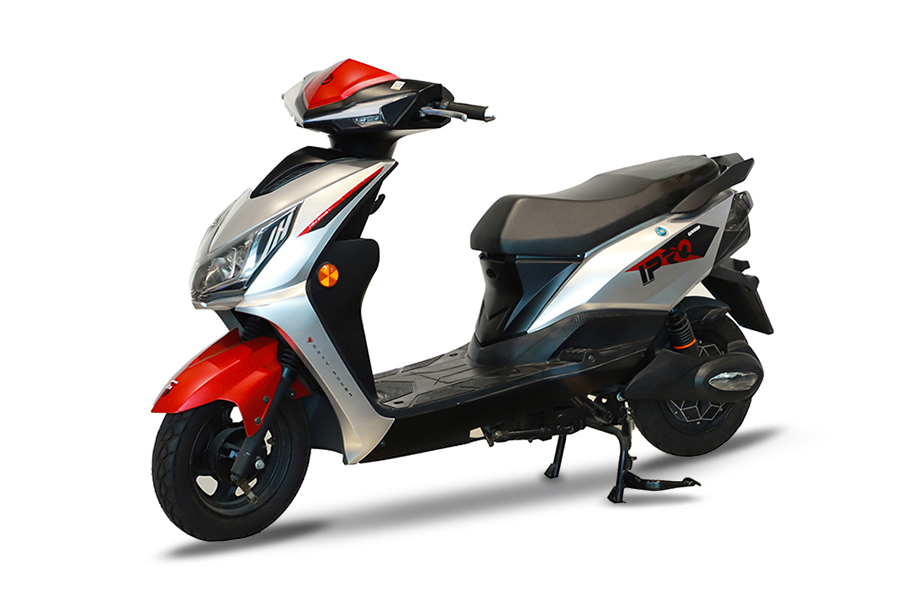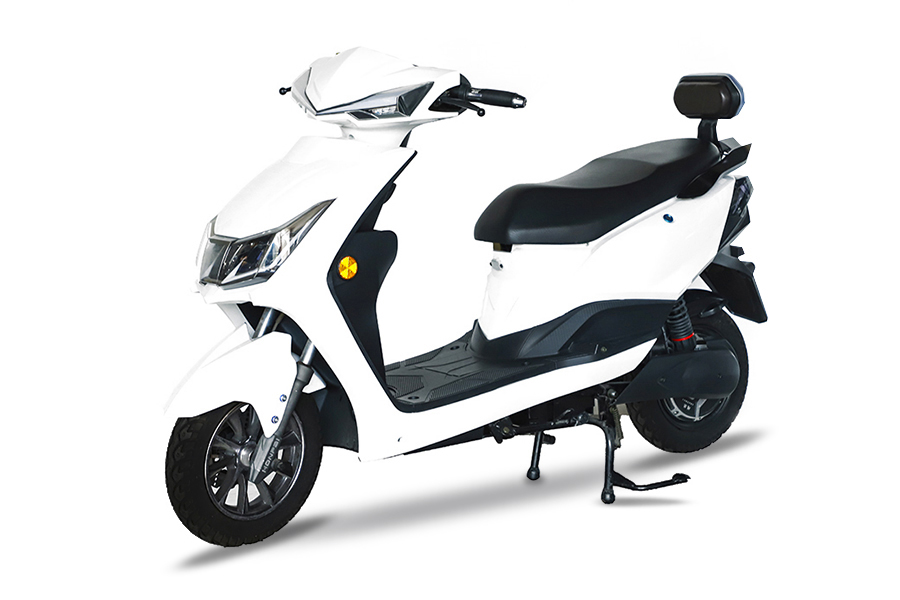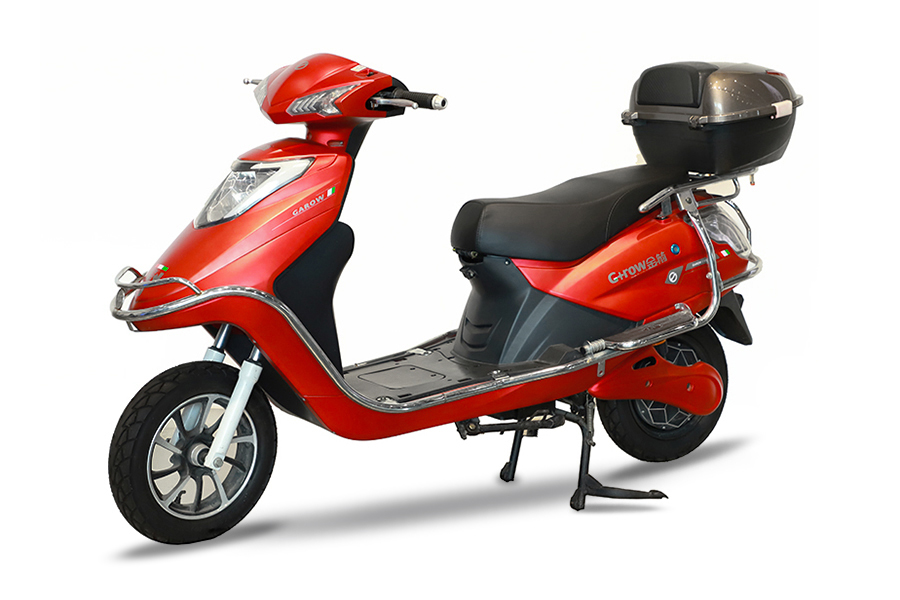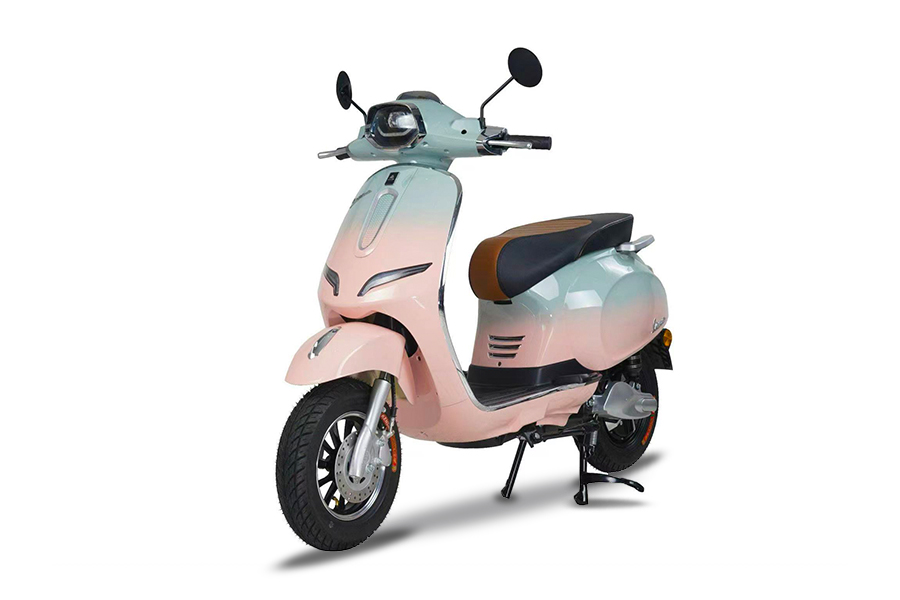Electric scooters have become an increasingly prominent feature in urban landscapes worldwide. These eco-friendly modes of transportation are transforming how people navigate city streets, offering a convenient and sustainable alternative to traditional vehicles. This article explores the rising popularity of electric scooters, their benefits, market trends, and the future of this innovative transportation solution.
Electric scooters are revolutionizing urban commutes by providing a practical solution to the challenges of city transportation. With their compact design and zero-emission operation, electric scooters offer an efficient way to bypass traffic congestion and reduce the carbon footprint. Their rise in popularity reflects a broader shift towards sustainable urban mobility solutions, driven by increasing environmental awareness and the need for more efficient transportation options.
In densely populated cities, electric scooters have become a game-changer for short-distance travel. They enable users to cover moderate distances quickly, avoiding the delays associated with traditional vehicles. This efficiency is particularly valuable in areas with heavy traffic, where electric scooters can seamlessly weave through congestion, saving time and reducing frustration for commuters.
The evolution of electric scooters has been significantly influenced by advancements in technology. Modern electric scooters are equipped with powerful motors, long-lasting batteries, and advanced electronic systems that enhance their performance and reliability. Key innovations include:
Battery Technology: Improvements in battery technology have extended the range of electric scooters, allowing users to travel longer distances on a single charge. Lithium-ion batteries, known for their high energy density and longevity, are now standard in many electric scooters, providing users with increased convenience and reducing the frequency of recharging.
Smart Features: The integration of smart technology into electric scooters has enhanced user experience and safety. Many models now come with features such as GPS navigation, Bluetooth connectivity, and mobile app integration. These smart features not only improve the functionality of electric scooters but also offer users real-time information about battery life, location, and performance.
Improved Safety Measures: Safety is a critical consideration for electric scooters, and manufacturers are continuously working to address this concern. Innovations such as anti-lock braking systems (ABS), enhanced lighting, and advanced suspension systems contribute to a safer riding experience. Additionally, many electric scooters are designed with durable materials and robust construction to withstand the rigors of daily use.
The market for electric scooters is experiencing rapid growth, driven by urbanization and increasing demand for sustainable transportation solutions. According to industry reports, the electric scooter market is expected to continue expanding, with significant contributions from both individual consumers and commercial enterprises.
Consumer Adoption: Individual consumers are increasingly adopting electric scooters as a practical and eco-friendly transportation option. The convenience of electric scooters, coupled with their affordability compared to traditional vehicles, makes them an attractive choice for urban commuters. The rise of scooter-sharing programs and subscription services has also contributed to the growing popularity of electric scooters, providing users with flexible and cost-effective access to these vehicles.
Corporate and Municipal Investment: Businesses and municipalities are recognizing the benefits of electric scooters and investing in them for various applications. Companies are integrating electric scooters into their fleets for employee transportation, while cities are exploring electric scooters as part of their public transit systems. Municipalities are also developing infrastructure to support electric scooters, such as dedicated lanes and charging stations.

 English
English Español
Español